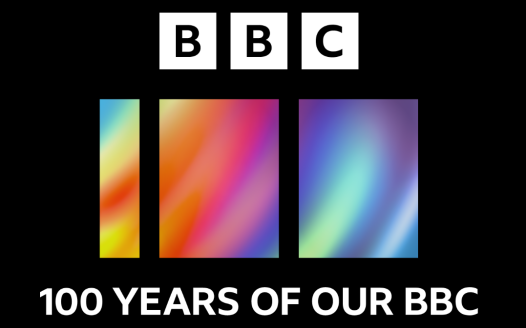Thought for the Day “inappropriate”, says John Humphrys
Posted: Tue, 31st Oct 2017
The most senior presenter of BBC Radio 4's Today programme has described the daily Thought for the Day slot as "inappropriate" and "deeply, deeply boring".
John Humphrys gave his candid assessment in a Radio Times interview with the programme's presenters. Thought for the Day has long been controversial as it gives religious thinkers, mainly Christians, a platform to proselytise, while explicitly excluding non-religious contributors.
Humphrys described the slot as "Deeply, deeply boring, often. Sometimes not. Sometimes it's good and the guy or woman is delivering an interesting thought in a provocative way. Usually not."
He added: "It seems to me inappropriate that Today should broadcast nearly three minutes of uninterrupted religion, given that rather more than half our population have no religion at all. Certainly very few of them are practising Christians… we have Hindus of course, and we have the occasional Muslim, the occasional Jew, but by and large it's Christian. Why?"
Turning to his own colleagues, Humphrys asked, "When you're presenting it, how many times have you said to yourself, 'Dear God, we've got to cut a really fascinating programme short because we're now going to hear somebody tell us that Jesus was really nice, and the world could be a better place if we all…' You know… Oh God."
Humphrys said if it was a slot for secular reflection, "I'd have less of a problem with it. Why can't you have an atheist? Or an agnostic?"
His colleague Justin Webb agreed with some of the criticisms. "They're all roughly the same," Webb said. "'If everyone was nicer to everyone else, it would be fine'. But from my cursory glance around the world, I think a lot of religious people don't want to be nice to each other."
The presenters' criticisms of Thought for the Day echo sentiments expressed by former co-host of the Today programme Evan Davis, who in 2012 complained that the slot "discriminating against the non-religious" and should be opened up to secularists.
Presenters Mishal Husain defended Thought for the Day. "I think it's a bit of punctuation in the programme," she said. "For me it's the time I need to be out of the house, when I'm late."
Anne Atkins, a regular Thought for the Day contributor for the past 21 years, also rejected the suggestion of including secular commentators: "It's like arguing for a 20-line sonnet: it wouldn't be Thought any more. There's another two hours and 57 minutes of the Today programme, nearly all for non-believers."
In 1996, Atkins prompted the Church of England's first ever complaint about Thought for the Day, when she used the slot to attack Anglican bishops for supporting a celebration in Southwark Cathedral marking 20 years of the Lesbian and Gay Christian Movement.
In February this year, the BBC slapped down the new Today programme editor Sarah Sands after she suggested Thought for the Day should be opened up to non-religious viewpoints.
The National Secular Society has long campaigned for the reform of Thought for the Day. Megan Manson, campaigns officer at the NSS, sided with Humphrys. "It is encouraging to hear senior presenters of the Today programme challenging Thought for the Day," she said. "John Humphrys quite rightly points out that the slot is inappropriate – particularly considering the UK's increasingly irreligious and religiously-diverse landscape."
"On this issue, he seems to have his finger on the pulse of the thoughts and feelings of the general public. It's therefore such a shame that there are others at the BBC are so out of touch.
"We hope that there are those at the BBC who will take Humphrys' remarks seriously, and reform this discriminatory show so that it includes non-religious voices, or scrap it altogether."
The Radio Times article features an online poll, which members of the public can vote in, on the future of Thought for the Day.
Discuss this on Facebook.
Reform Thought for the Day
In its current format Thought for the Day is discriminatory and shows too much deference to religion. Help us convince the BBC to change it.







